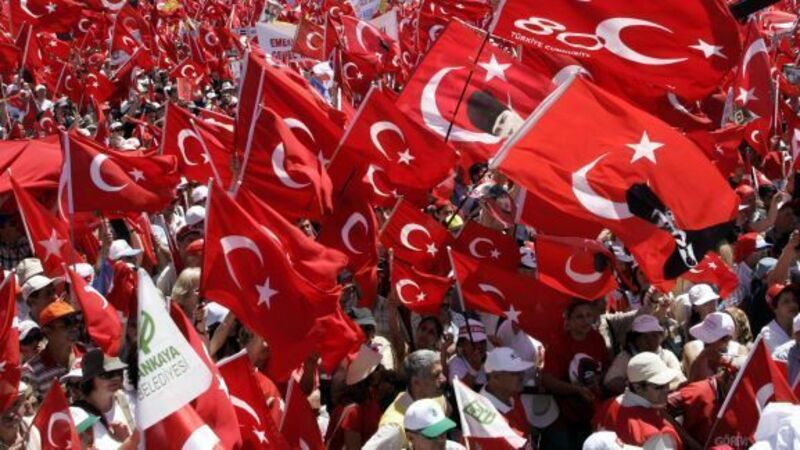Very sad day for a divided Turkey - Erdogan secures a narrow victory

A Turkish republic was set up in October 1923, and Mustafa Kemal Atatürk was its first president. For the next decade, he led the modernisation of his country. Access to education was extended, Islamic courts were closed, and Islamic canon law was replaced with a secular civil code. Atatürk introduced a new alphabet, language reform and new laws around dress — the iconic fez was banned. Spectacularly, in a society shaped by the precepts of Islam, he introduced equality between the sexes and gave full political rights to women in 1934. He dragged his country, often kicking and screaming, into the modern world.
This weekend’s vote changes all that. It gave President Recep Tayyip Erdogan sweeping executive powers, and the possibility of remaining in office for more than a decade. He will reverse Atatürk’s and his successors’ modernisation programme and undo many of the measures aimed at westernising the country of 75m people. Erdogan was elected prime minister in 2003 and he has made no secret of his determination to revert to an older, less tolerant style of administration, one that reflects Islamic doctrines even if they penalise non-Muslim Turks. Erdogan’s response to Turkey’s ailing democracy is to establish an autocracy, set aside many laws designed to protect citizens, especially those around the separation of powers.
















